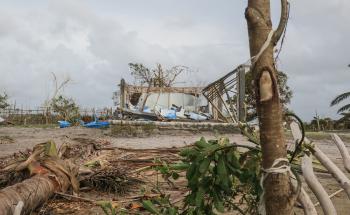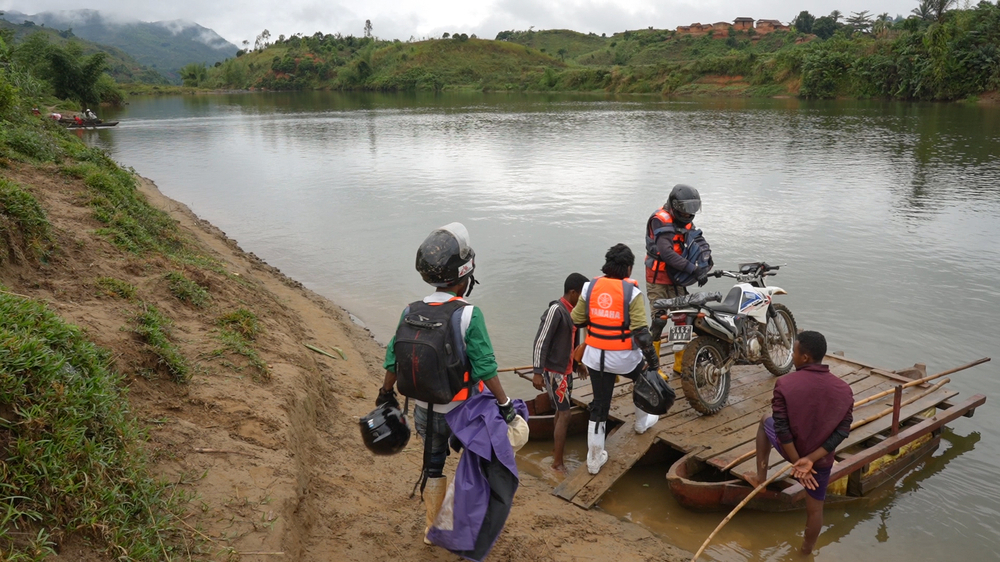
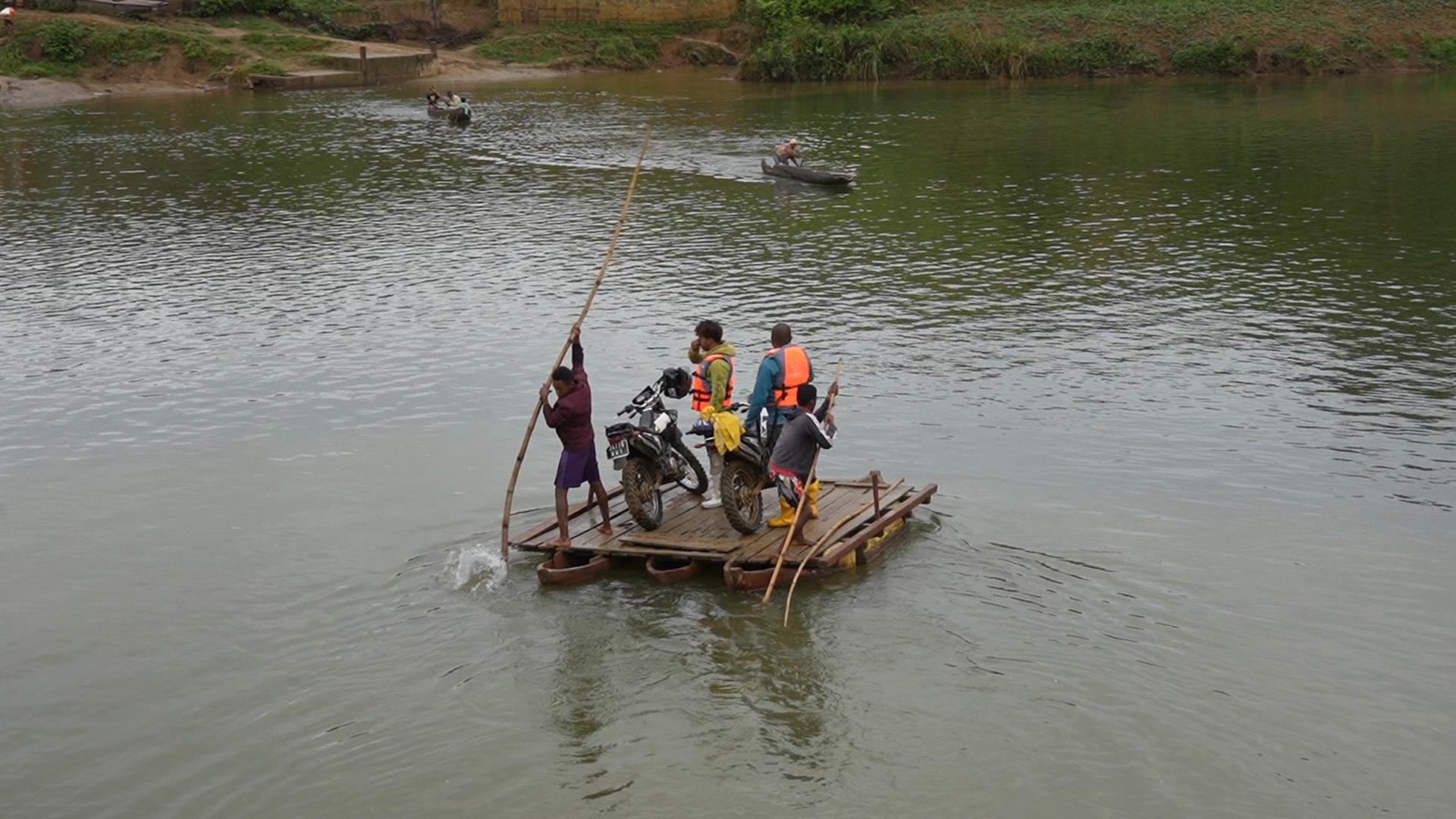
Madagascar
Doctors Without Borders (MSF) provided emergency medical assistance, where our teams distributed hygiene kits, supplied health centres with essential medicines to meet basic needs, and trained medical staff in Ambilobe, in Diana region.
Throughout the year, in collaboration with the Ministry of Health, we supported the response to malnutrition in Ikongo district, Fitovinany region. Our teams treated children for severe acute malnutrition, and organised activities to raise awareness of the benefits of early screening among local communities.
Featured
Our Activities in Madagascar in 2024
Data and information from the International Activity Report 2024.
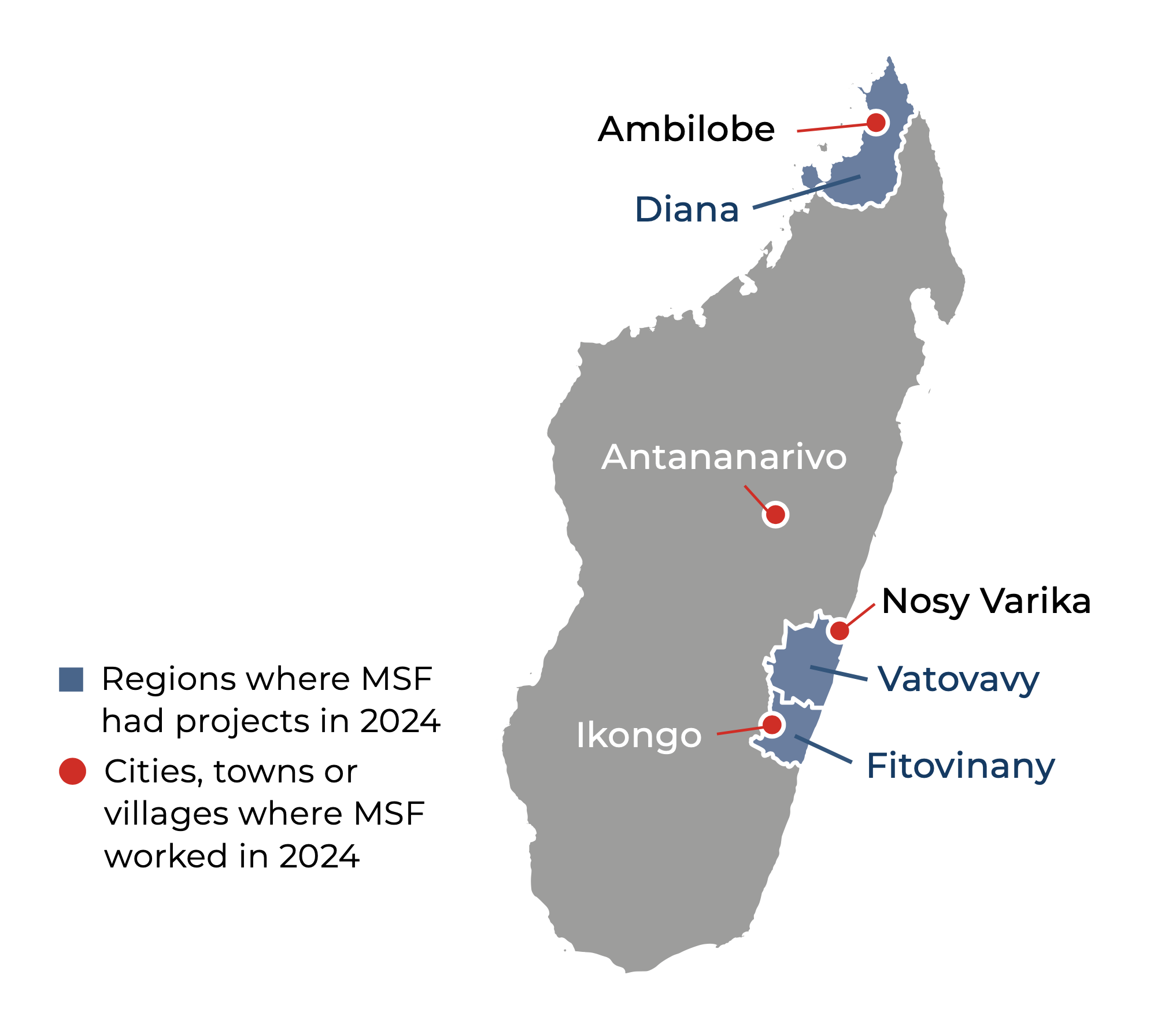
From February 2024, we extended our treatment to moderate acute malnutrition cases. In the Fitovinany region, access to healthcare is limited, and malnutrition is a significant health issue, exacerbated by the cyclones and heavy rainfalls that occur at the beginning of the year. They severely affect the livelihoods of communities that mainly rely on agriculture.
In March, we ended our activities in Nosy Varika district, which began in 2022 as an emergency response to high levels of malnutrition, and later also focused on improving access to maternal, paediatric, and malnutrition care for local communities.
In 2024, in collaboration with two local NGOs, Ny Tanintska and Health in Harmony, MSF started a new project with a participatory and inclusive approach. Communities are playing an integral role in designing the project’s health programmes, based on their perceived needs. MSF consulted people from 164 villages to identify solutions and actions to contribute to better health outcomes.

8,880
8,88
2,080
2,08
1,670
1,67
450
45

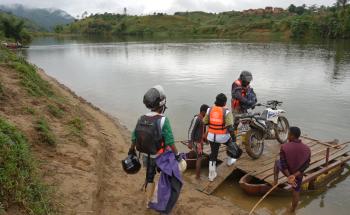
Climate Change Worsens Food Insecurity for Populations in Madagascar
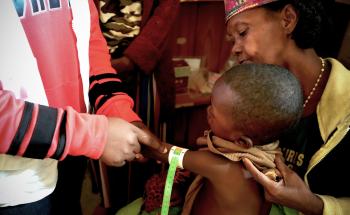
Climate change: Providing malaria health services in Madagascar

The triple threat of climate change, conflict, and health emergencies: A deadly mix for the most vulnerable in fragile settings
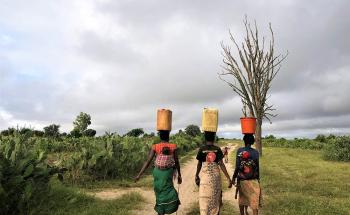
Struggling for water across Madagascar’s Great South
